Remember the Eunos Roadster, the right-hand-drive Mazda MX-5 shipped by UK importers from Japan that was popular in the early 2000s?
I had one, devoid of service history and with uncertain mileage but reliable and rust-free.
Today, the trade in used grey-import performance cars from Japan, where like us they drive on the left, continues with companies supplying models such as Nissan Skylines and Honda Type Rs, although in better condition and with ample evidence of their service history and mileage.
Another, increasingly popular trade exists in used, right-hand-drive German and Swedish family cars imported from the same country – models such as the Volkswagen Touran, Golf and Polo, BMW 1 Series, 3 Series and 5 Series (the estate versions of the bigger two especially), Mercedes C- and E-Class (again, mainly estate versions), Audi A4 Avant and A6 Avant and Volvo estates.
Most are petrol automatics and older than 10 years because Japan imports of this age are not required to be tested under the UK’s complex Individual Vehicle Approval scheme. However, they must have Japanese type approval.
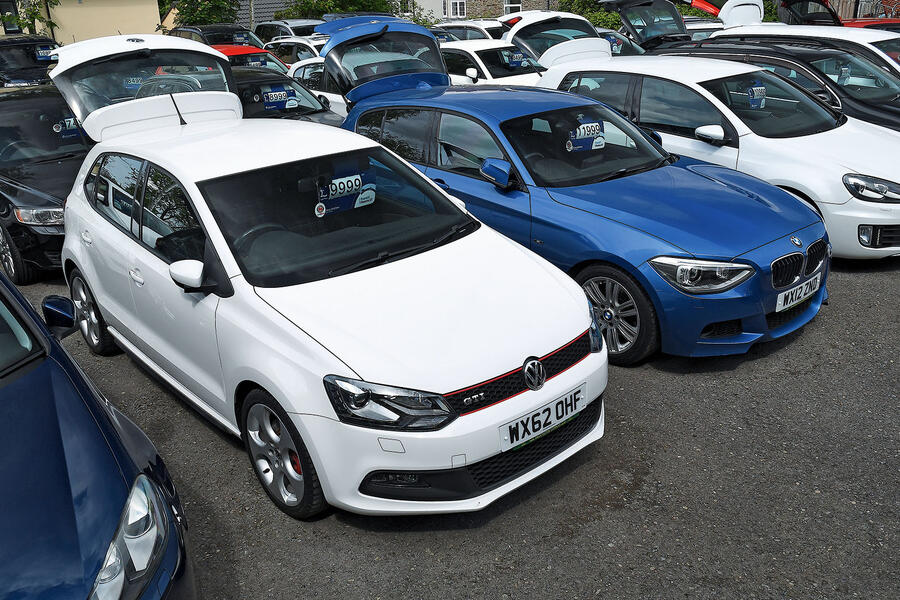
In the first three months of this year, the UK imported almost 5000 used cars from Japan. Around 30% of them were European models, the majority Volksawgens but also BMWs, Mercedes, Audis, Volvos and Minis.
The remaining 70% were Japanese cars: hybrids, MPVs, SUVs and some performance cars. The origins of the trade go back to 2008, when Japan’s and Europe’s type approval regulations became more closely aligned and European car makers began exporting their vehicles to Japan with features such as rear fog lights and headlight washers.
Gradually, a few used cars began to trickle back to the UK. It took off, though, with the creation of the UK’s low-emission zones in city centres. These penalise diesel cars below the Euro 6 emissions standard introduced in 2014 and petrol cars below Euro 4 (from 2005).

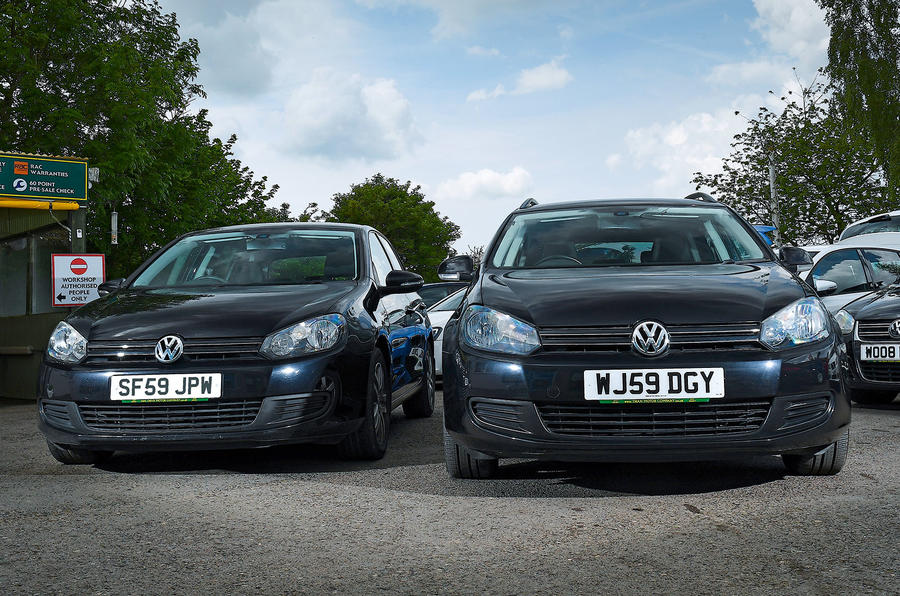



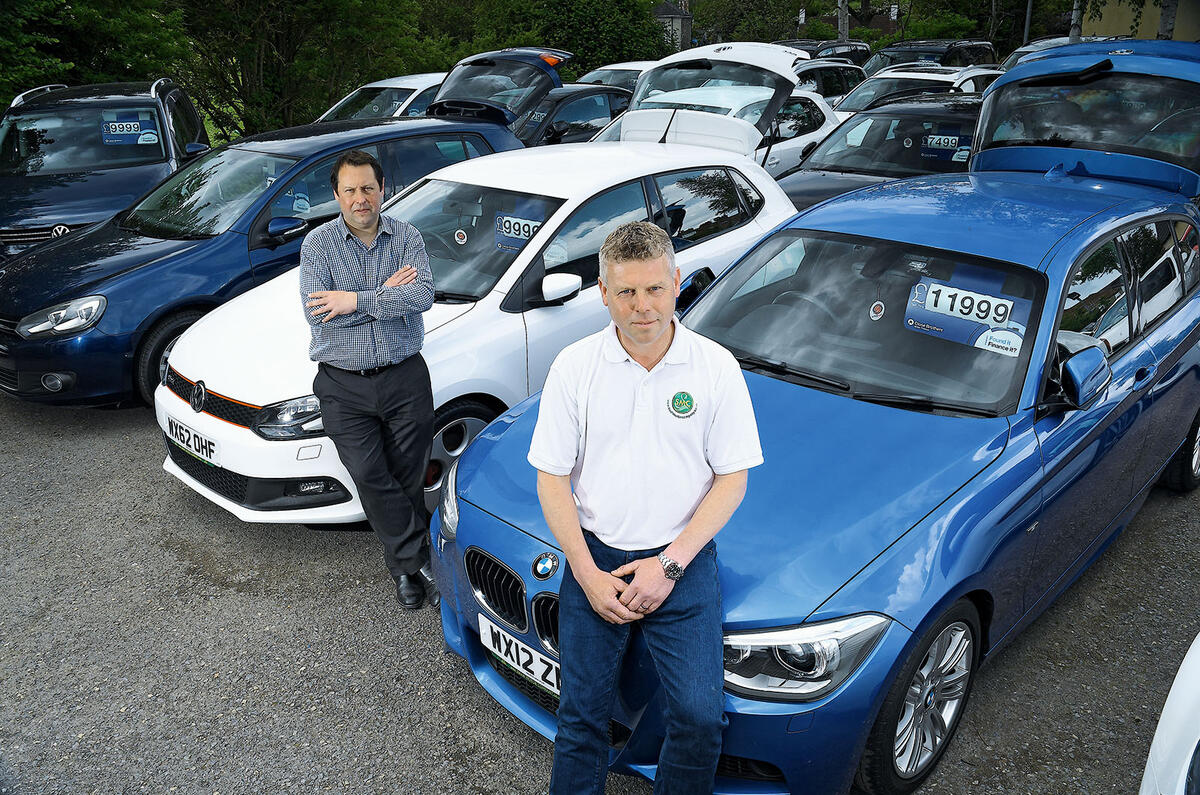
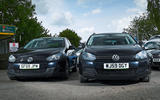





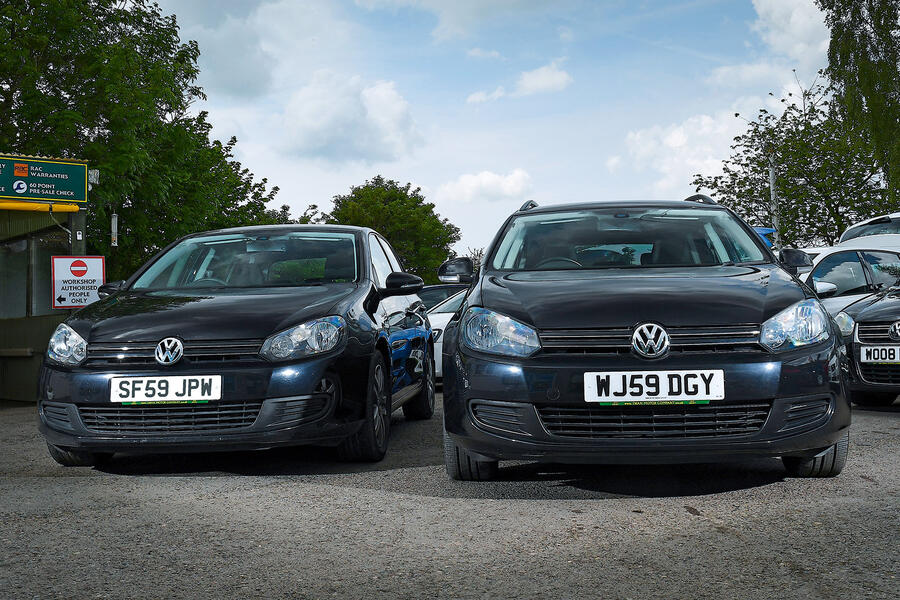
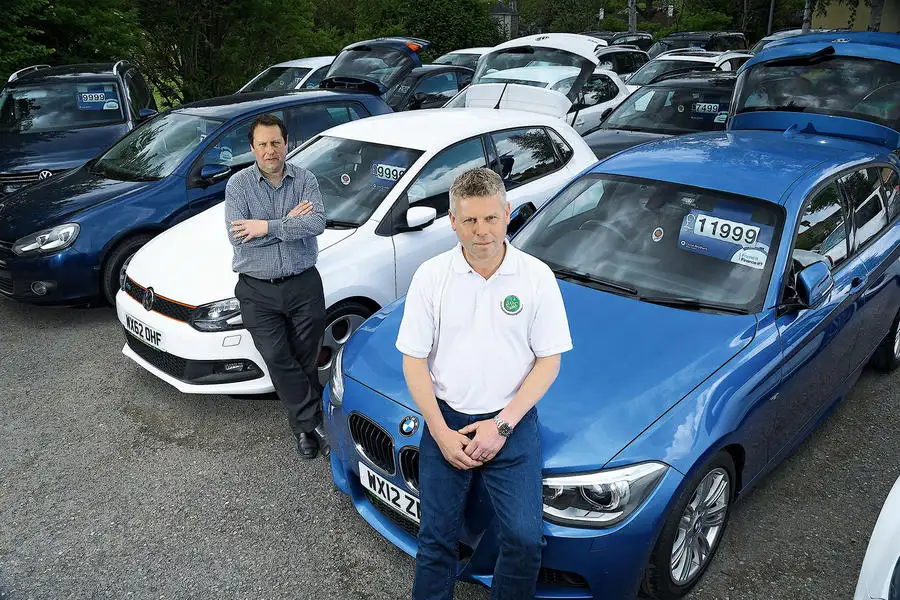
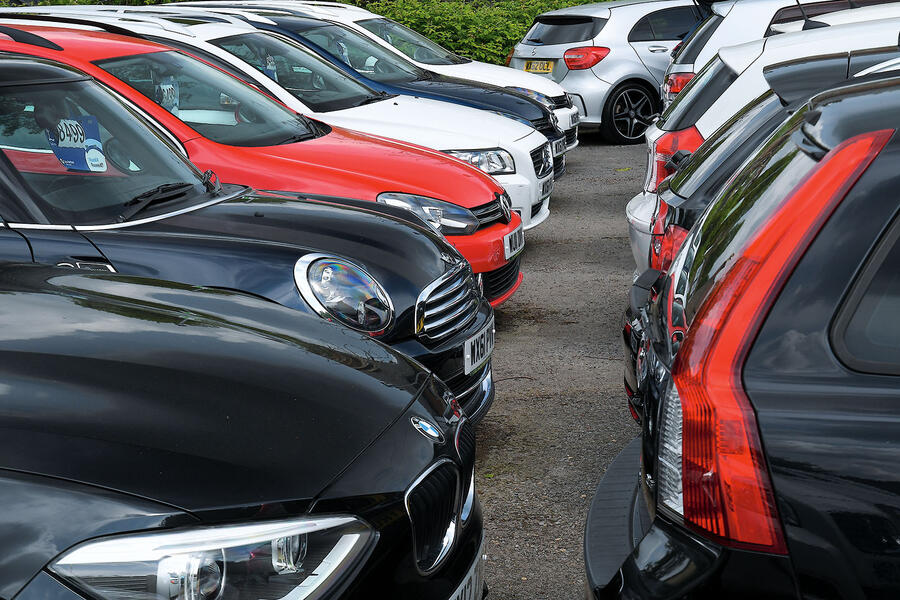



Join the debate
Add your comment
Or, more nails in the Western economy?, the West partly to blame themselves,so getting cheaper cars from the East that are Euro brands won't help.
This could be really big business when the 2030 ban kicks in, demand for quality used petrol cars will only increase.And yes people were forced into diesels in the UK, half of new sales are into the fleet/lease market and the tax system then gave those drivers little option to go diesel or go broke. Fortunately technology has moved on and petrol vehicles are more viable again.